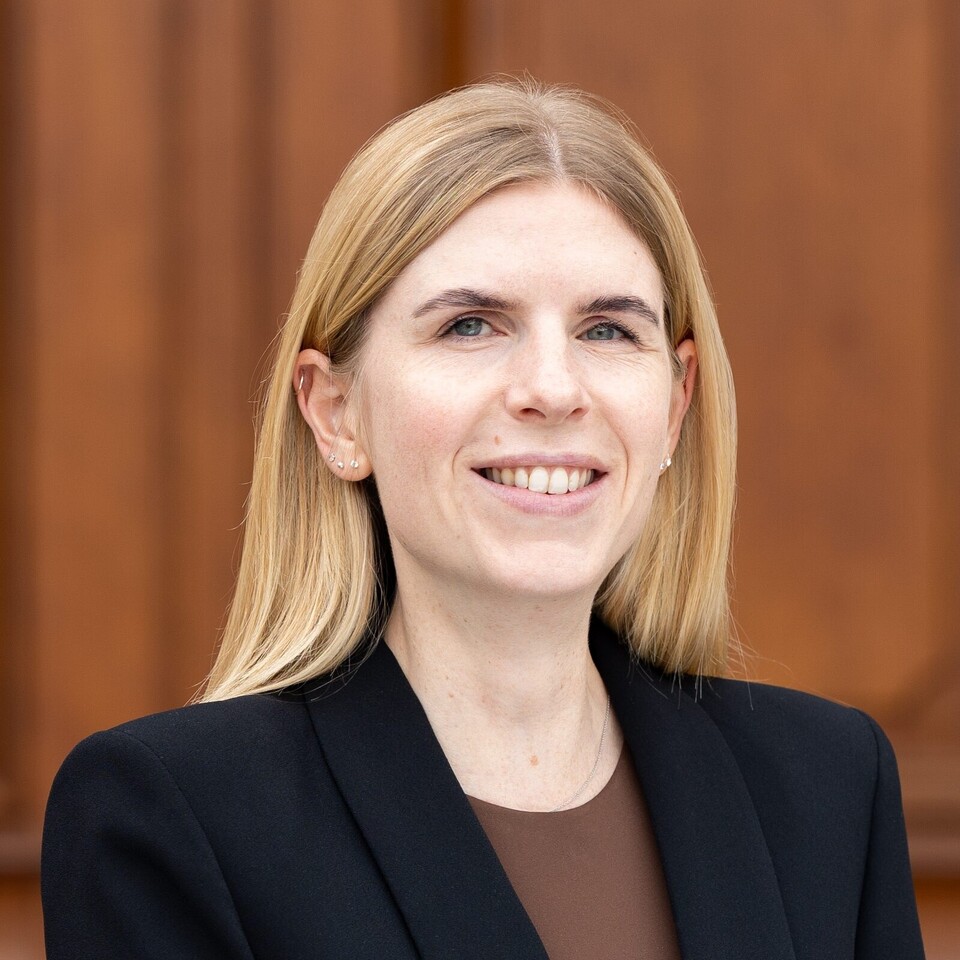Laura Herzberg, Chair of German Linguistics: Language corpora as digital educational technologies (December 2023)

What is your current research topic?
I am currently working on the development of application concepts and scenarios for the use of corpus infrastructures in teaching and learning as part of the working group “Language corpora as digital educational technologies”. For more than 20 years, digital research infrastructures in the form of corpora have been established in linguistics to allow researchers empirical access to linguistic phenomena. It is gradually being recognized that teachers and learners can also benefit from these infrastructures. In the educational standards, for example, the domain-specific competence area 4.5 “Investigating language and language use” states: “The development of skills for the reflective use of digital resources on the German language forms an important basis for the further development of language awareness, for the production, indexing and analysis of texts and media.” The aim of the working group is to systematize approaches and concepts for the use of long-term available corpus infrastructures in teaching and learning.
For those who have not yet delved deeply into the topic of Data Science: How would you explain to a child what you are working on?
I want to find out how language can be studied and reflected upon with the help of large collections of texts.
Everyone talks about Data Science – how would you describe the importance of the topic for yourself in three words?
corpus/
What points of contact with Data Science does your work have? Which methods do you already use, and which would be interesting for you in the future?
In our working group, we use very large language corpora as an empirical basis for our linguistic research. We determine which existing corpus resources, tools and platforms are available for teaching contexts and determine how corpus resources, tools and platforms can be (further) developed from a didactic perspective. It is important that digital resource infrastructures are provided in a sustainable manner and can be researched and queried via user interfaces that are accessible online. The use of artificial intelligence and machine learning applications is particularly productive in the context of labeling and classifying language data.
How high is the value of Data Science for your work? Would your research even be possible without Data Science?
Data science enables us to convert linguistically enriched and annotated corpus resources, as well as tools and platforms that are mainly available as research resources into educational technologies. For a holistic perspective on language, traditional linguistic approaches and theories in teaching and learning scenarios are thus complemented by usage contexts of authentic language data.
What development opportunities do you see for the topic of Data Science in relation to your field?
An interdisciplinary exchange on existing, comprehensively linguistically annotated language corpora and corpus resources, tools and platforms as well as projects carried out with them is essential. The identification of current needs for technologies that can be used in teaching and learning scenarios, as is currently being carried out in the working group, forms the basis for cross-project networking opportunities.